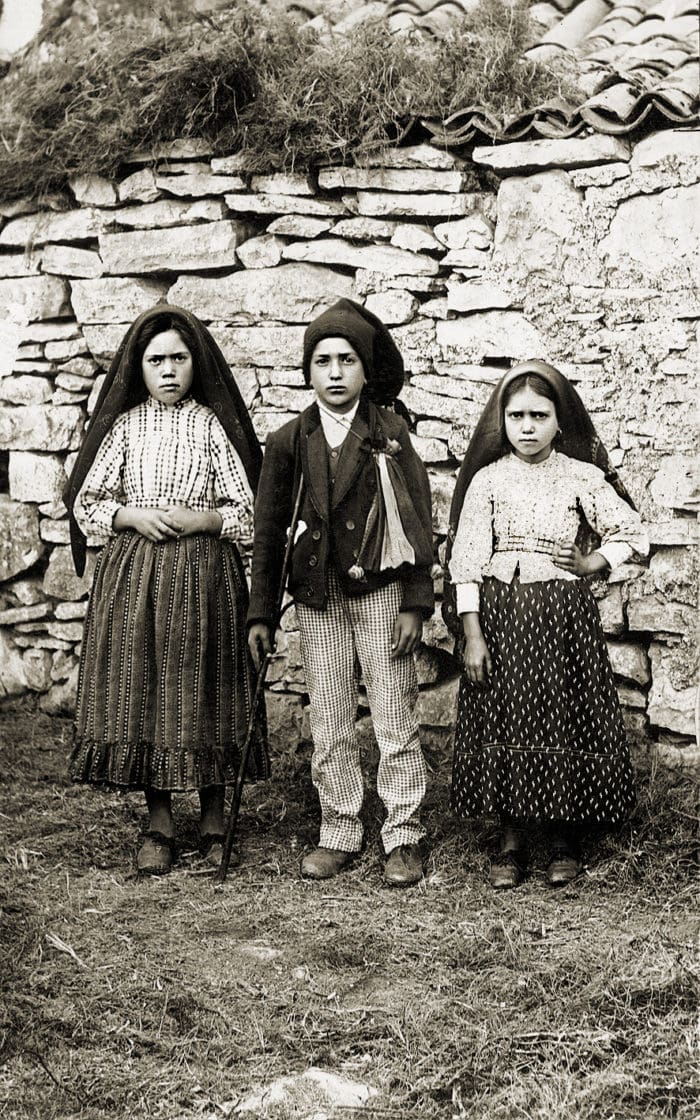Is there a “patron saint” of the liturgical apostolate? Among Popes, one hears Leo the Great, Gregory the Great, Popes Pius V and X invoked, for clarity in thought and in ritual reform. In the Patristic Church, St. Ambrose and his student St. Augustine, as well as St Cyril and St. Theodore of Mopsuestia contributed much liturgical insight through their mystagogical catecheses. Scholastic theologians, most notably St. Thomas Aquinas, taught clearly and beautifully about the sacraments with a precision not yet seen at the time.
One rarely named—or, perhaps, never named worthy—is St. John the Baptist. But Christ’s cousin, the Forerunner and the Last Prophet certainly deserves a hearing from anyone wishing to deepen his or her insight into the depths of the liturgy.
St. John was brought to mind during the past Advent Season, a time when the Church hears a great deal from the Forerunner. Specifically, in the Office of Readings for the Third Sunday of Advent, we hear St. Augustine cast St. John in this light.
“John is the voice,” St. Augustine says, “but the Lord is the Word who was in the beginning. John is the voice that lasts for a time; from the beginning Christ is the Word who lives forever. Take away the word, the meaning, and what is the voice? Where there is no understanding, there is only a meaningless sound. The voice without the word strikes the ear but does not build up the heart.”
Is this voice-word relationship, that is, the dynamic established between John and Jesus, an insightful analogy to sacramental language of the praying Church?
When the Church prays, she uses a tapestry of signs and symbols that have the power to make Christ present. The Catechism of the Catholic Church puts it this way: “A sacramental celebration is a meeting of God’s children with their Father, in Christ and the Holy Spirit; this meeting takes the form of a dialogue, through actions and words” (1153). If we can graft St. Augustine’s treatment of St. John the Baptist onto this teaching of the Catechism, we could say that the Victorious Christ is manifested by what the Church does and says, through her actions—and her voice.
For example, when the Church’s voice says “In the name of the Father, and of the Son, and of the Holy Spirit,” she quotes Jesus at the mount of the ascension as he commands his Apostles, the seedling Church, to go and teach and baptize all nations. In short, the Church conveys the Word to the world by her voice.
When she says “The Lord be with you,” she echoes Boaz, the man from Bethlehem, greeting his Spring-time harvesters in the Book of Ruth. This exchange takes place immediately before he first lays eyes on his future bride and feeds her with abundance at this table. Here, the voice of the Church speaks of the Word became Flesh—also born in Bethlehem, also bearing fruit during the spring harvest, and also feeding his people in abundance.
When the praying Church offers the Collect, or Opening Prayer, of the Mass, she invites us to pray, then gathers our hearts into one, and gives voice to these sentiments through the Word to the Father on the Breath of the Holy Spirit. As before, her voice is an outward and audible sign of an inward and otherwise inaudible Word.
The “liturgical dialogue” described by the Catechism above finds still more consonance with Augustine’s meditations on the Baptist. The sage Bishop of Hippo says: “Let us observe what happens when we first seek to build up our hearts. When I think about what I am going to say, the word or message is already in my heart. When I want to speak to you, I look for a way to share with your heart what is already in mine.
“In my search for a way to let this message reach you, so that the word already in my heart may find a place also in yours, I use my voice to speak to you. The sound of my voice brings the meaning of the word to you and then passes away. The word which the sound has brought to you is now in your heart, and yet it is still also in mine…. Let us hold on to the word; we must not lose the word conceived inwardly in our hearts.”
How does Christ, Word of his Church, convey himself to us? Though the sacramental voice of the Church. The voice of the praying Bride bears the Word, who is Christ. And if we can hear (as St. Benedict’s Rule begins) “with the ear of our hearts,” that Word can abide in us which “in the beginning was with God and was God.”
St. Augustine encourages us in this view. “We should take our lesson from John the Baptist,” the Voice of the Word, he says. The next time you hear the voice of the praying Church, know that it bears a substantial, faithful Word meant for your heart.
The “Word” resounds on many pages of this edition of Adoremus Bulletin. Father Daniel Cardó, with the help of St. Augustine, uncovers three useful keys to unlock the power of preaching—and of an assembly’s heart. Father Douglas Martis, following on both Cardinal Sarah’s and Pope Francis’ recent comments on silence, points to particular places in the liturgy where silence can let the word resonate—literally, “sound again” in our minds and hearts. Preacher of the Papal Household Father Raniero Cantalamessa and musician Adam Bartlett likewise raise the Word to a higher (and deeper) pitch. The liturgical Word is not a mono-tone (nor monotonous) but, powered by the sweet Breath of the Trinity, the Holy Spirit, is sung by the Church in dignity and beauty.
“In the beginning was the Word.” As 2017 begins, may this same Word, announced by St. John the Baptist, bless all of our endeavors in his Holy Name.


